We help short term rental investors earn more and work less.
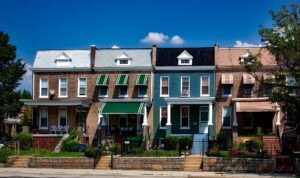



What You Need to Know About Short-term Rental Regulations in DC, MD, and VA
Washington, D.C. is one of the nation’s most transient cities. The number of Airbnbs was growing exponentially in the nation’s capital over the past decade, until 2018 — when the city government imposed short-term rental regulations in DC, MD, and VA.
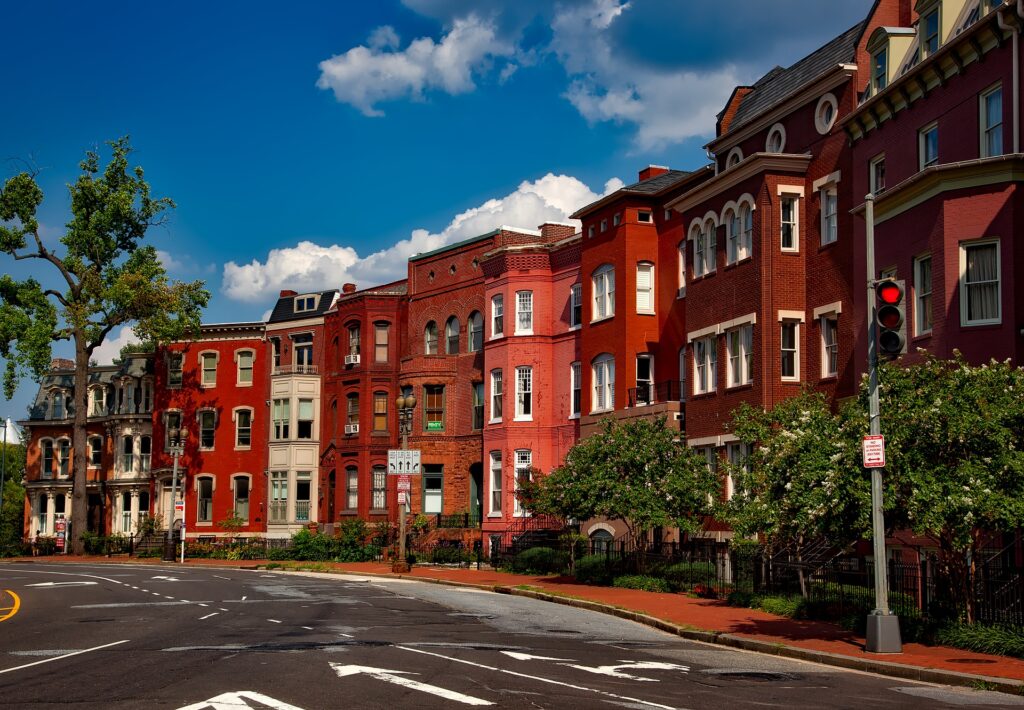
Short-term Rental Regulations in DC, MD, and VA
In Greater D.C., short-term rental rules and tax rates vary according to location and the length of stay. They can also change from time to time.
If you’re planning to rent out your home or thinking of purchasing investment properties in Metro DC — otherwise known as D-M-V — you’re on the right page. We’ll tell you all about DC Airbnb regulations.
But you must also do your homework. Visit the website of the county you’re interested in, and be sure you’re on the official site so you get the precise and most current rules.
Remember, incorporated towns and homeowner’s associations may have their own regulations, too. Check for those as well.
Short-term Rental Regulations in DC
The Short-term Regulation Act, approved by the Council of DC in 2018, allows property owners to lease portions of their home as a short-term rental. But the property has to be their primary residence, and they’re not allowed to rent out any second or third home.
Owners can lease their spare rooms, basements, carriage houses, even sofas for periods of up to 30 days at a time. A maximum of 8 guests at 2 people per room is allowed per stay.
But since parking spaces are at a premium in DC, property owners aren’t allowed to use annual visitor-parking permits for their rental guests.
To operate Airbnbs in DC legally, property owners are required to get a DC short-term rental license and report their operations to the city every month. They need to install smoke detectors and add liability insurance for each of the units they rent out.
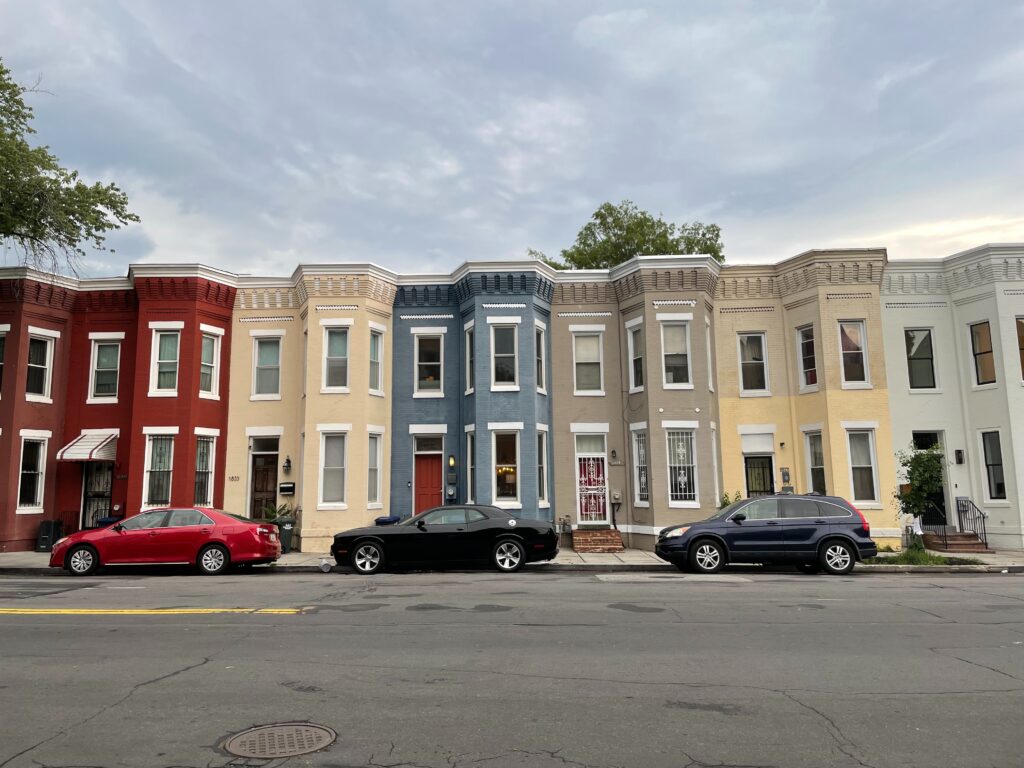
When an owner decides to rent their home in its entirety, the business then becomes a vacation rental subject to additional restrictions. This is allowed for up 90 nights per year unless the owner or host qualifies for the following exemptions:
- they need to leave for a work-related assignment outside DC for more than 90 days; or
- they need to get medical treatment or to care for a family member receiving medical treatment outside DC for more than 90 days.
The above situations may include military personnel and diplomats who are gone for a significant part of the year.
DC short-term rental regulations also require guests to pay a 14.95% lodging tax which can be collected upfront by the host or paid to Airbnb, VRBO, or whatever online booking service the host uses. The booking platform can then remit it to the city’s tax office. But owners still have to register for tax collection and file their regular tax returns.
Property owners who fail to comply with these requirements are subject to fines ranging from $500 to $6,000.
Read also: D.C. Short-term Rentals are Worth a Serious Look — 7 Reasons Why
Maryland Short-term Rental Laws
Airbnb regulations in Maryland differ from county to county. In Baltimore City, a lot of business travelers come for conventions and corporate work. Short-term renting of all or portions of a home is permitted for 90 consecutive nights or less.
Likewise, the City limits the number of properties an owner can rent out. Only the primary residence is allowed. But in certain cases, an additional dwelling is permitted if hosts had been leasing it out before local regulations were put in place in 2019.
Guests need to pay a 9.5% hotel tax in addition to the state’s 6% Sales and Use tax. The booking platforms need to collect them on behalf of the hosts.
If this isn’t accomplished, the owners will be responsible for registering with the Baltimore and Maryland tax authorities, collecting the taxes from their guests, and remitting them to the State themselves. They’ll also need to file tax returns with each agency.
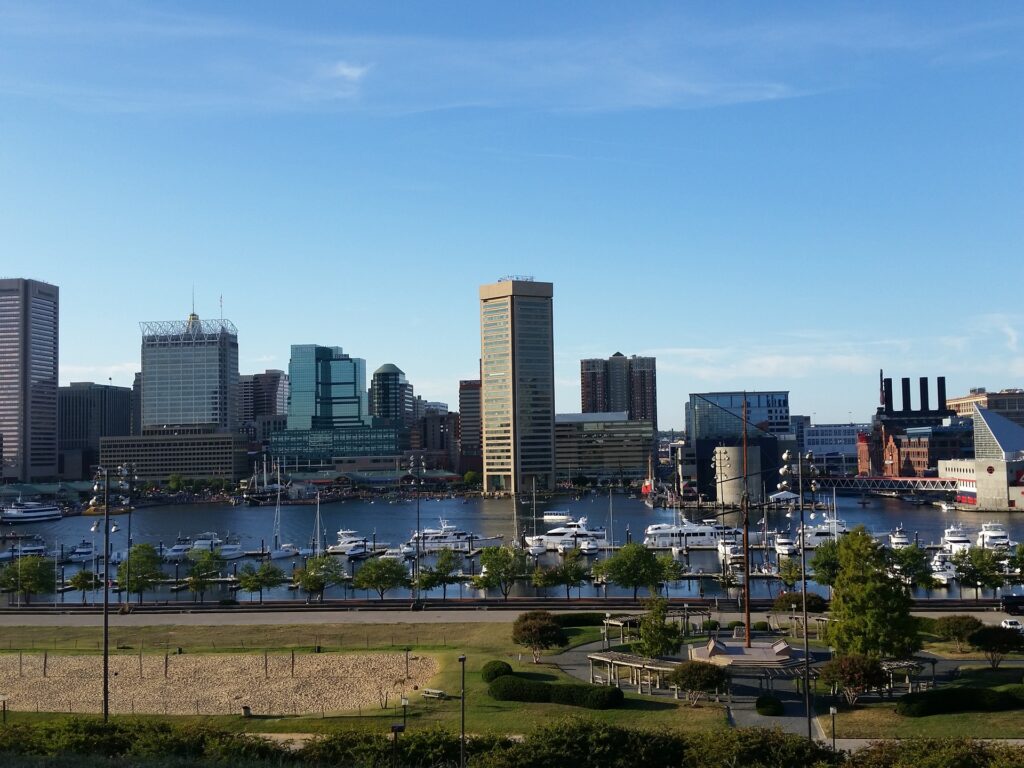
Baltimore Airbnb rules can be found in Subtitle 48, Short-term Residential Rentals, of Article 15 (Licensing and Registration) of the Baltimore City Code. The Department of Housing and Community is the office responsible for registering Airbnb hosts and enforcing Baltimore short-term rental regulations.
To register your listing, you’ll need to pay $200 for the license which is renewable every 2 years. Make sure you comply with the building, fire, and health codes, and make your property available for inspections. You’re also required to display your license numbers when you advertise your listing on Airbnb and other online tourism platforms.
Authorities can suspend or revoke licenses and issue fines of up to $500 for violations. Visit Baltimore City’s website for complete and updated information.
In Montgomery County, hosts are required to collect a 7% Room Rental and Transient Tax for stays under 31 nights. Cleaning fees are taxed in addition to the rental fee. Landlords must submit these taxes to the County’s Treasury Division each month or incur penalties for not doing so. The cap on short-term rentals when the homeowner is away is 120 days.
In Prince George’s, a license is also required to operate short-term rentals. For primary residences, stays are limited to 30 days at a time or less. But they can be rented for up to a maximum of 180 days per calendar year.
Listings that are not occupied by the owner may be rented for up to 90 days per year. Interested hosts may go to the County’s online registration system to find out more info.
Short-term Rental Laws VA
In northern Virginia, there’s a 6% State Retail Sales and Use Tax applied to short-term rentals. Properties are also taxed at the local level based on location and length of stay.
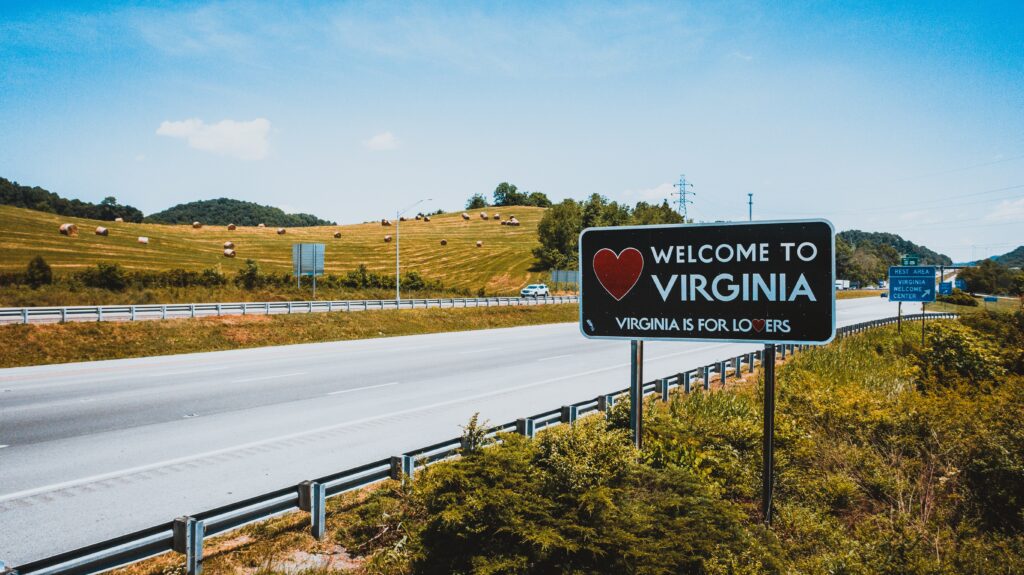
In Alexandria, the county tax is 8.5% plus $1 per room per night for any rental that can lodge 4 or more people at any time. Hosts must get a business professional and operational license if their gross revenue is greater than $10,000 per year.
Arlington County charges 8.25% on top of the State Tax. The cap on short-term stays when the owner is away is at 185 days.
Fairfax County imposes a 6% tax on reservations under 30 consecutive days.
Rentals in Clifton, Herndon, and Vienna only require 4%, although the towns may charge a local tax on top of state and county taxes.
Each local government differs on the number of guests and length of stay they allowed. They also vary on how much they charge for license or registration fee, parking rules, and penalties for violations.
Conclusion
Since DC short-term rental regulations vary from area to area and from time to time, be sure to check with the relevant local authorities periodically. And stay tuned to local business and real estate news.
Abide by the rules to protect yourself from being fined or permanently banned from operating short-term rentals in DC, MD, and VA.
If you need help managing your rentals, we can help you. Cohostit provides turnkey management services, from marketing to cleaning, optimization to issue resolution — all the day-to-day tasks that make short-term renting complex, tedious, and sometimes challenging.
Click here to book a call and see if you qualify.
